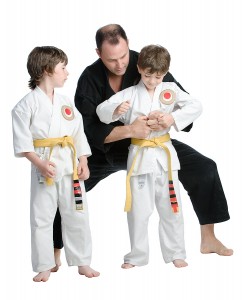It was hot the other day and I was practicising a Tai Chi posture in front of my mirror wearing my shorts.
Through the reflection of the mirror I noticed my knees were out of alignment. Had I been wearing my normal pants I may not have noticed the error.
It was a good lesson – in future I’ll occasionally wear shorts when I practice regardless of the weather – to make sure my knees are in the correct position and to avoid aggravating my minor knee injuries.
Not a difficult task considering I’m training indoors for a specific session.
It’s these little things of self discovery that can make a big difference to the quality of training.
And also keep my knees happy.

